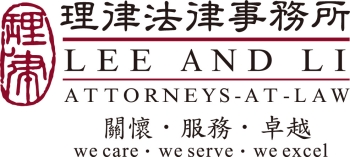 According to Article 5 of the Trademark Act, 'use of a trademark' means any of the following acts "in the course of trade", where such trademark is capable of being recognised by relevant consumers as a trademark:
According to Article 5 of the Trademark Act, 'use of a trademark' means any of the following acts "in the course of trade", where such trademark is capable of being recognised by relevant consumers as a trademark:
- to apply a trademark to goods or packaging or containers thereof;
- to possess, display, sell, export or import such goods;
- to apply a trademark to articles relating to the provision of services; or
- to apply a trademark to commercial documents or ads relating to goods or services.
There has been controversy regarding whether the meaning of 'in the course of trade' is limited to use in commerce. In 2020 the Supreme Administrative Court held that the definition of 'use of a trademark' as stipulated in the Trademark Act is not limited to profit-making commercial transactions.
The Supreme Administrative Court pointed out that the provisions regarding the use of trademarks in the Trademark Act stipulate only that the use should be "in the course of trade" and is not limited to profit-making business transactions. The court further explained that the use of trademarks which are registered by non-profit organisations (eg, Harvard University, National Taiwan University and Tzu Chi Foundation) are clear examples of applicable use. Non-profit organisations do not always use their registered trademarks for profit-making commercial transactions.



